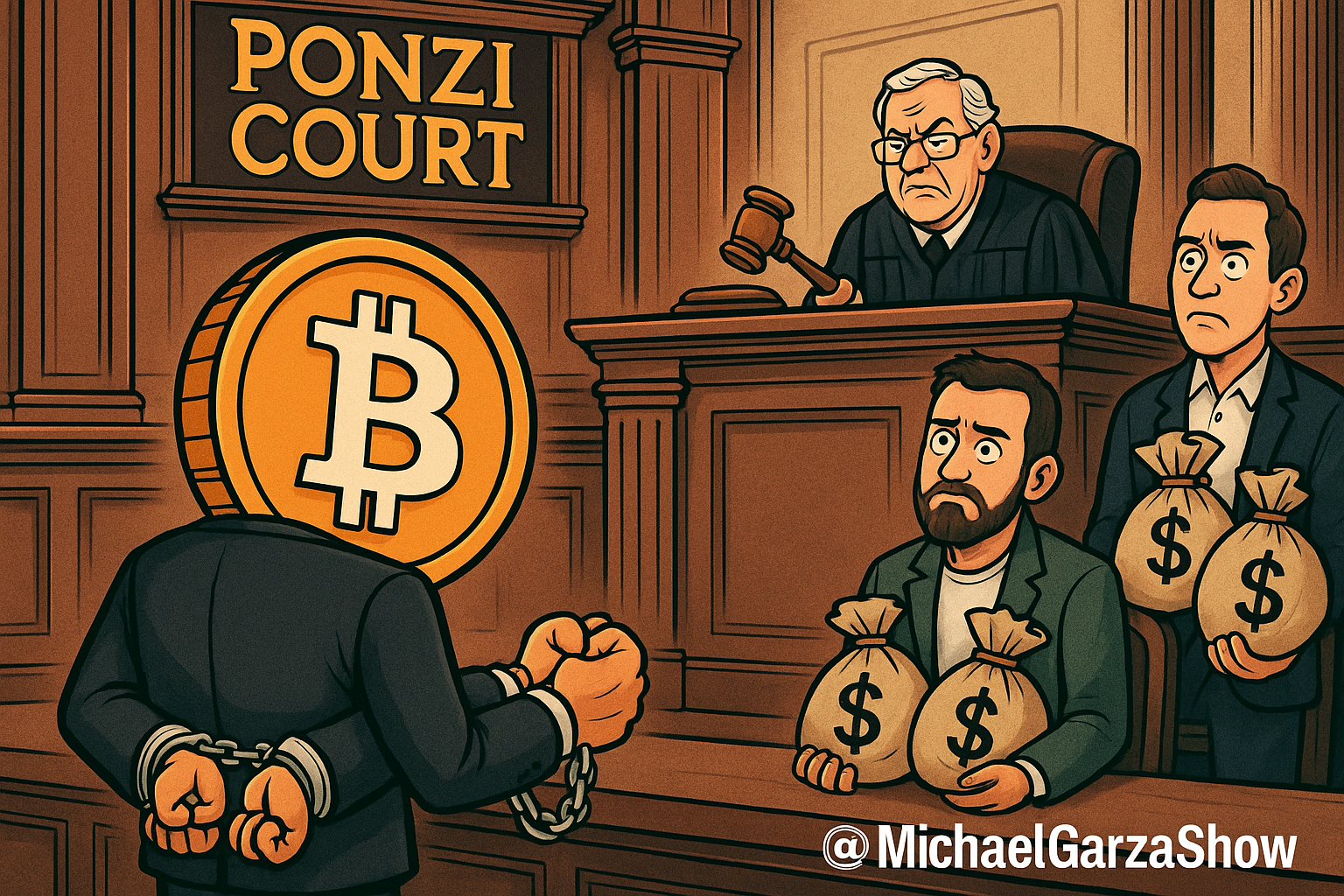Intro: Why the Pixel 8 Pro Just Works
After using the Google Pixel 8 Pro as my daily driver for nearly six months, I can confidently say: this phone slaps. It’s not perfect, but it nails the fundamentals — and Google’s AI sauce makes it stand out in a crowded field of glass slabs.
If you’re wondering whether the Pixel 8 Pro holds up beyond the honeymoon phase, here’s the real-world review you’ve been waiting for.
As an Amazon Associate, I earn from qualifying purchases. This means if you click on a link and make a purchase, I may receive a small commission—at no additional cost to you.
🟢 Performance & Speed: Smooth and Smart
The Tensor G3 chip doesn’t blow Snapdragon 8 Gen 2 out of the water in benchmarks, but that’s missing the point. This phone isn’t built for brute force — it’s optimized for real-world intelligence. The Pixel 8 Pro feels responsive, and Google’s AI-based enhancements like live translation and call screening are game changers.
Everyday tasks? Butter.
App switching? Instant.
Gaming? Decent, not elite, but no major frame drops in casual use.
📷 Camera System: Still the King of the Smart Snap
Let’s be real — if you buy a Pixel, you’re here for the camera.
- Main sensor (50MP): Fantastic dynamic range, natural color science.
- Ultra-wide: Wide enough for dramatic shots, minimal distortion.
- 5x Telephoto: Sharp, stable zoom that’s surprisingly useful.
The real MVP? Google’s post-processing. Night Sight, Super Res Zoom, and Magic Editor are more than gimmicks — they’re real tools that fix mediocre shots into masterpieces.
🔋 Battery Life: Not Beastly, But Reliable
I consistently get a full day on a single charge — with 6–7 hours of screen time. That’s good, not legendary. Google has definitely improved idle drain, but if you’re a power user, keep a charger nearby just in case.
🧠 Software & AI Features: Google’s Secret Weapon
What truly makes the Pixel 8 Pro special isn’t the hardware — it’s Google’s software:
- Magic Eraser & Audio Magic Eraser — brilliant for creators.
- Now Playing — ambient music recognition done perfectly.
- Call Screening & Hold for Me — lifesavers for dodging spam and long wait times.
Plus, Pixel drops keep adding new features — not bloatware.
📱 Build Quality & Display: Premium and Polished
With its matte finish and curved glass, the Pixel 8 Pro finally feels like a flagship. The 6.7″ LTPO OLED screen is vibrant, with adaptive refresh up to 120Hz and a peak brightness that makes it readable in direct sunlight.
⚠️ What I Don’t Love
- No facial unlock for secure apps like banking.
- Speaker audio is just okay — tinny at higher volumes.
- Video stabilization isn’t quite iPhone-tier yet.
Still, these are minor gripes in an otherwise rock-solid experience.
🔚 Conclusion: A Smartphone That Actually Feels Smart
The Pixel 8 Pro is the best Android phone I’ve ever used — not because it wins every spec war, but because it understands how people actually use their phones. It’s polished, helpful, and feels like a personal assistant in your pocket.
After 6 months, I’m still a fan — and I’m not looking to switch anytime soon.









